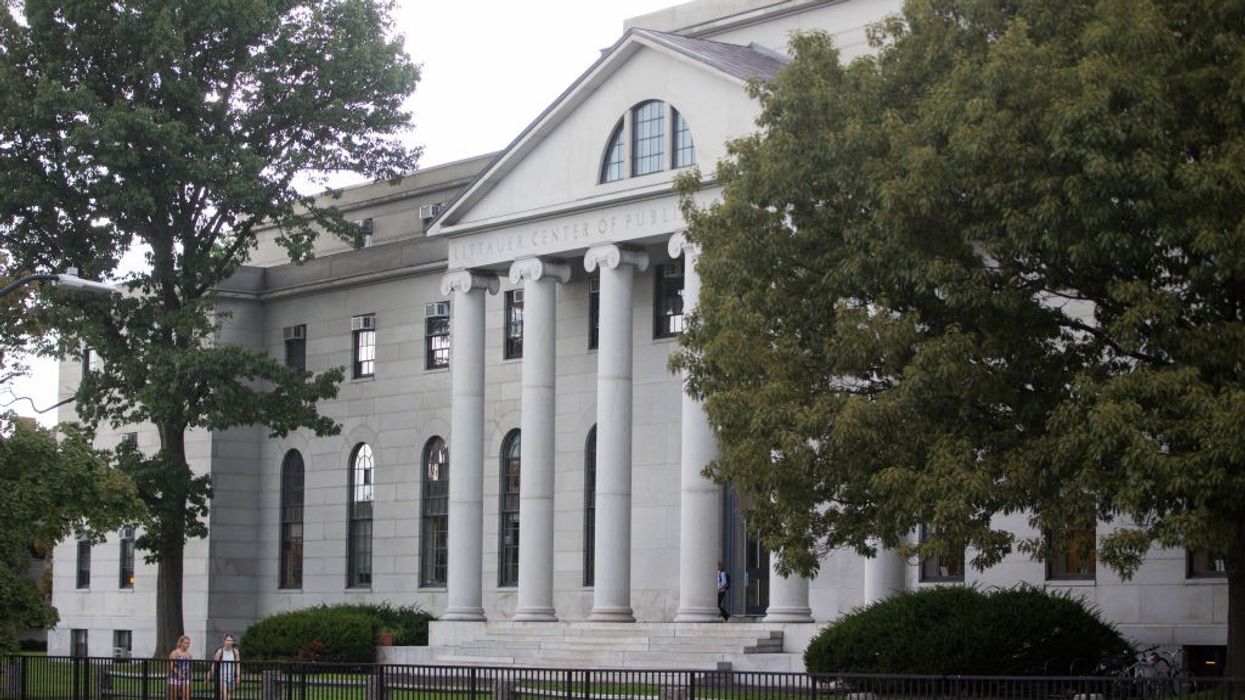STANDARDISED tests will not be mandatory for admissions to Harvard University for another four years “due to the ongoing pandemic”.
This is the second cycle that students can apply to Harvard without requiring standardised testing, as many aspirants continue to have limited access to testing sites due to Covid-19, the oldest American university said in a statement.
Harvard had announced in 2020 that standardised tests would be optional for a year in response to the outbreak of the pandemic. It extended the policy for another year and this week, it said the tests won't be required until 2026.
Harvard has joined a growing list of educational institutions like the University of Wisconsin which said they would not insist on standardised testing, which is often considered to put Asian Americans at disadvantage.
“Accomplishments in and out of the classroom during the high school years – including extracurricular activities, community involvement, employment, and family responsibilities – are considered as part of the admissions process,” Harvard said.
“Students who do not submit standardized test scores will not be disadvantaged in their application process”.
“Applicants will be considered on the basis of what they have presented, and students are encouraged to send whatever materials they believe would convey their accomplishments in secondary school and their promise for the future,” it said.
Many education experts wonder if the university will ever restore the mandatory SAT system which, according to critics, is discriminatory and penalises disadvantaged students.
Robert Schaeffer of the American educational organisation FairTest said SATs and ACTs over the last 50 years have become a significant “gatekeeper for undergraduate institutions”.
“A kid who grows up in a wealthy suburb has a lot more opportunity and tutoring - which is a big business in the US - than one from an inner-city, rural area or tribal reservation,” he told the Telegraph.
“They don’t have these advantages.”
Harvard is also accused of discriminating against Asian-American students who, despite recording above-average SAT scores, fared less well when their “personal rating” was taken into account.
An analysis by the Students for Fair Admissions, an action group, found that Asian-Americans fared badly when personality traits such as likability, courage and kindness were considered.
Harvard’s admissions process was upheld by an Appeal court, but the case could be considered by the Supreme Court, the Telegraph report said.




